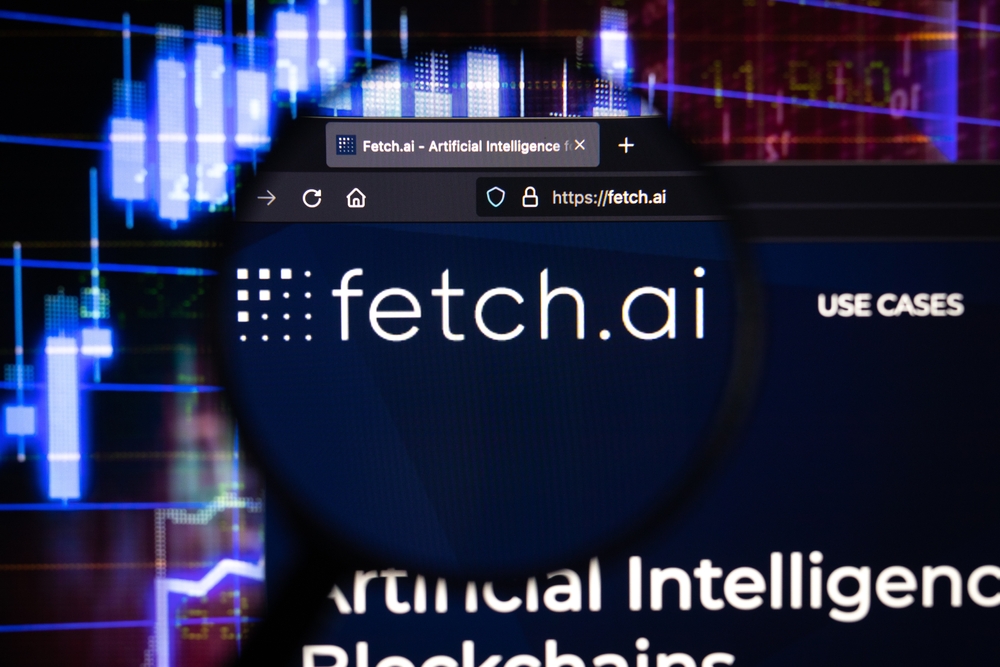DWF Labs, a market maker, has made yet another investment of $40 million to the artificial intelligence (AI)-focused cryptocurrency protocol Fetch.ai, marking its sixth investment this March. Per an official statement, Fetch plans to utilize this investment in deploying decentralized network infrastructure, autonomous agents, and machine learning on the platform.
Offering Developers With Necessary Tools
By providing a self-sufficient technology-to-technology ecosystem, Fetch.ai intends to offer developers the tools they need to create and monetize apps. Fetch.ai uses “independent economic agents,” code that facilitates connections between natural systems and independent parties, to develop economic merit for their owners.
The agents can share predictions, acquire knowledge, and conduct trades. According to DWF Labs managing partner Andrei Grachev, “Fetch.ai provides an extensive solution for deploying and building P2P applications with AI and automation capabilities.”
Fetch.ai aims to enable developers to monetize applications by providing an autonomous technology-to-technology ecosystem. Investors have begun to show interest in the potential of cryptocurrency and AI.
Their interest is partly due to the recent popularity of chatbots like ChatGPT, which are AI-driven, and DALL-E — a picture-generating software. Despite not using blockchain or cryptocurrencies, these technologies have generated institutional interest in OpenAI.
This parent company recently secured $10 billion in funding from Microsoft at a market valuation of $29 billion. This has led some traders to view AI-focused tokens as a promising sector for growth in the cryptocurrency market.
Last month, Fetch.ai collaborated with Bosch, an electronics manufacturer, to establish a foundation for studying and developing blockchain technology applications in the hospitality, transportation, and commerce sectors. The $40 million investment from DWF Labs marks their fifth funding round this month, with the market maker also investing $10 million in Radix Tokens, a blockchain firm recently.
The Decentralized Open Access Technology
Fetch.ai is an open-access technology lab that operates in a decentralized manner. Its fundamental technology comprises blockchain, artificial intelligence, and multiple-agent systems.
Blockchain technology plays a crucial role in enabling the transfer of value and acting as a mechanism of coordination through which self-governing agents can perform transactions. The AI-focused crypto protocol utilizes AI to execute goal-oriented and data-driven actions by combining blockchain with multiple-agent systems.
Fetch.ai harnesses data from machine learning (ML) models and the blockchain’s scalability, trust-minimized properties, and immutability to deliver independent and value-driven outcomes to individuals and organizations. Fetch.ai’s technology suite provides a platform for models to perform on-chain transactions for individuals, businesses, machines, or organizations.
